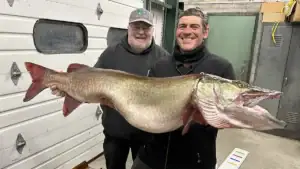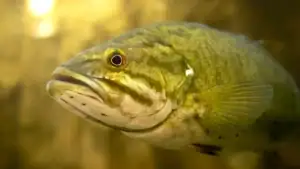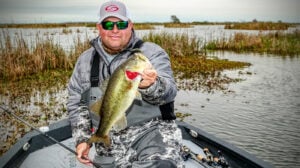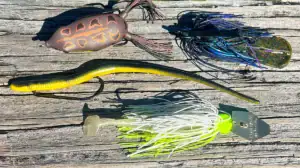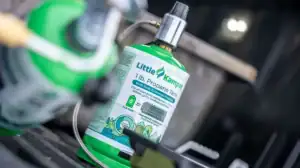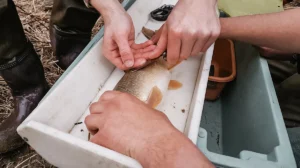Anglers across Western New York are grappling with the devastating fallout of a massive fish and wildlife die-off in Ischua Creek, one of the region’s most beloved trout streams. Following a months-long investigation, the New York State Department of Environmental Conservation (DEC) has slapped Great Lakes Cheese (GLC) with $475,000 in penalties and mandated corrective actions after an August discharge from the company’s Franklinville facility wreaked havoc on aquatic life.
“Great Lakes Cheese violated the environmental laws and permits in place to protect the region’s precious natural resources,” DEC Commissioner Amanda Lefton stated in a press release. “DEC’s enforcement action not only secures a large fine but also requires a project that will benefit environmental quality in the community and help it heal from the significant loss of tens of thousands of fish and other aquatic species.”
What Happened?
On August 26, 2025, DEC field teams responded to reports of dead fish and foul odors in Ischua Creek near Franklinville. What they discovered was tens of thousands of dead fish from multiple species, along with other aquatic and semi-aquatic wildlife, littered along the creek’s banks and waters.
The die-off was traced to discharges of organic waste from the Great Lakes Cheese facility. According to the DEC, the release likely overwhelmed the stream’s natural ecosystem, leading to low dissolved oxygen levels, elevated nutrients, and increased water temperatures — a deadly combination for aquatic organisms.
While the precise mechanics behind the incident are still under review, DEC’s investigation confirmed that the cause was a catastrophic failure in the factory’s wastewater treatment system.
The Penalty and Corrective Action Plan

The DEC’s Order on Consent requires GLC to pay $475,000 in total penalties. The fine includes $250,000 paid directly to DEC, $150,000 allocated to a community-focused Environmental Benefit Project, and a $75,000 fine that will be suspended pending full compliance.
To help ensure the company doesn’t impact the stream so negatively again, the DEC ordered GLC to undergo a full operational overhaul. It is required to install enhanced in-stream and real-time wastewater monitoring systems to improve oversight and responsiveness. Additionally, the company must upgrade its wastewater treatment plant to ensure it meets modern standards and operates more effectively. Addressing and preventing hydrogen sulfide exceedances is also a priority, as such emissions can pose serious environmental and health risks.
To ensure transparency and accountability, the company must hire independent, DEC-approved third-party evaluators to assess compliance and performance. Finally, full compliance with the new SPDES permit discharge limits is mandatory, reinforcing the need for stricter operational controls and environmental stewardship.
Resumption of wastewater discharge from the facility will be tightly regulated and allowed only once all environmental thresholds are met under DEC oversight. The agency has also signaled its intent to pursue a Natural Resource Damage claim to ensure long-term restoration of the impacted creek ecosystem.
A Blow to a Beloved Fishery

The loss has shaken New York’s angling community. Ischua Creek is a 20-mile cold-water gem stretching from Machias to Maplehurst, stocked annually with more than 9,000 trout, including brook and brown trout; some reaching 14 inches or more.
Each spring, the DEC stocks 4,725 yearling brown trout, 3,325 brook trout, and 1,500 two-year-old browns. And with over 17 miles of public fishing rights easements, Ischua Creek draws fly fishers and spin anglers from across the state.
It’s also home to thriving wild trout populations and a rich diversity of aquatic insects, amphibians, and birds.
Moving Forward
As recovery and enforcement efforts continue, DEC is promising accountability. The angling community is now watching closely — and hoping that Ischua Creek can one day return to its pristine, fish-filled glory.In the meantime, anglers are urged to report any unusual fish or wildlife activity in the area to DEC at (716) 851-7201.


